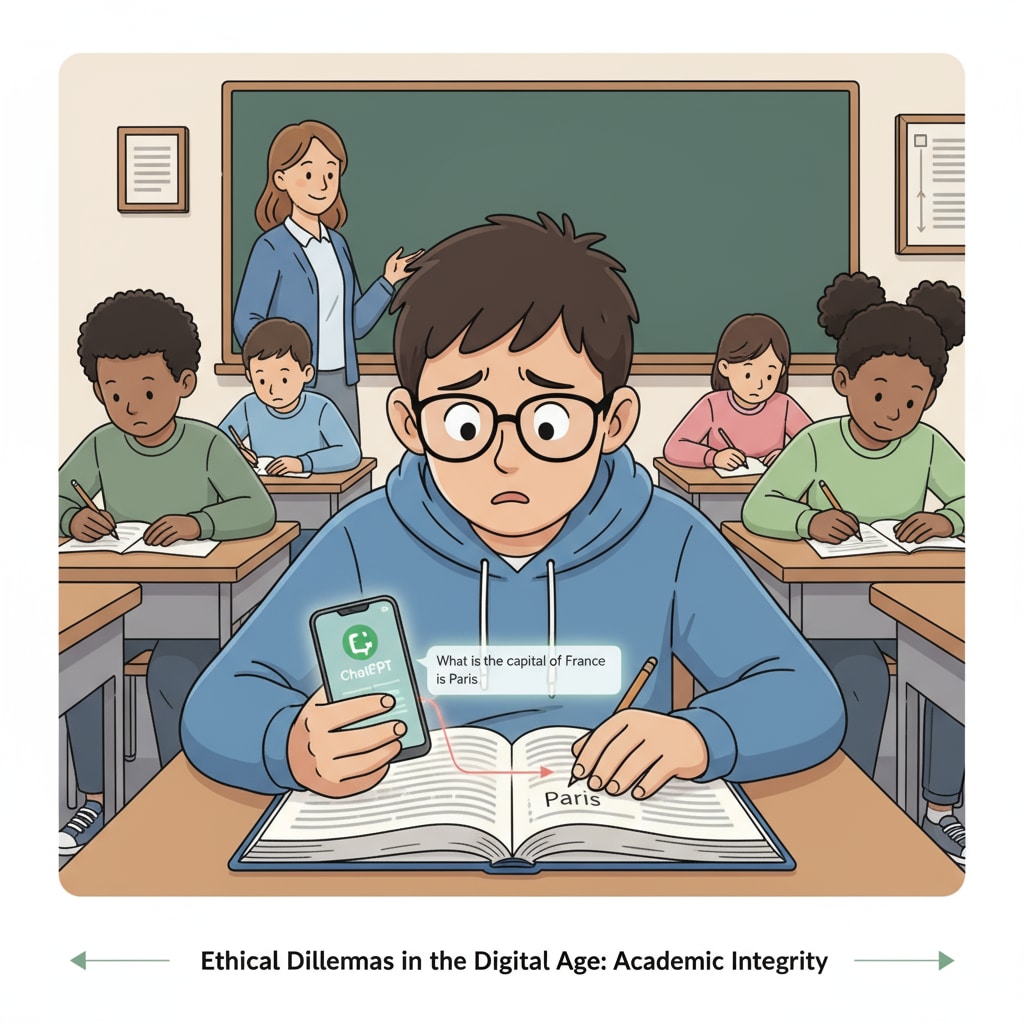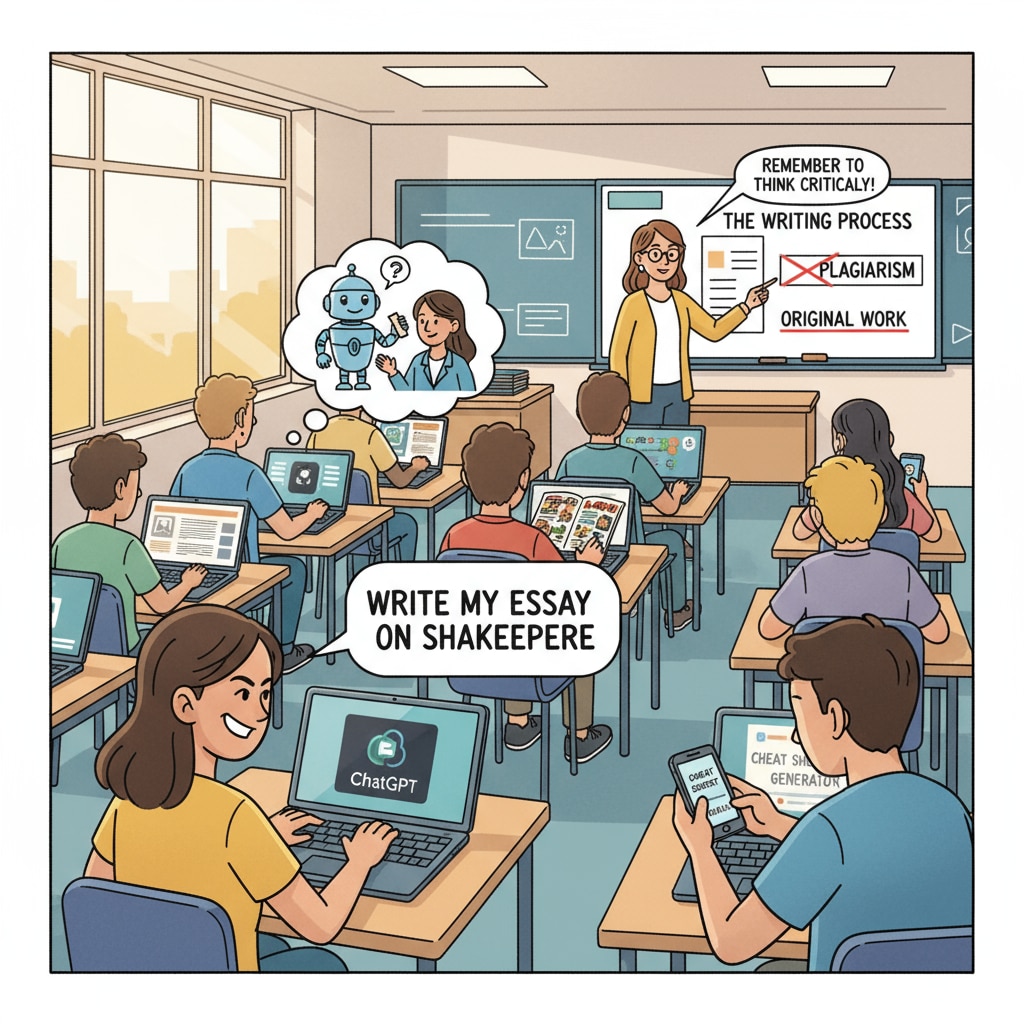The issue of ChatGPT, education, and cheating has emerged as a significant concern in the current educational landscape. With the increasing popularity of ChatGPT in K12 education, it has unfortunately become a tool for students to cheat, rather than a legitimate learning aid.

This phenomenon has far-reaching implications for the educational system and the development of students.
The Rise of ChatGPT in K12 Education
ChatGPT has rapidly entered the K12 educational environment. Its ability to generate text on various topics with relative ease has made it appealing to students. Teachers and schools, in an attempt to embrace technological advancements, have incorporated it into the learning process. However, this integration has inadvertently opened the door to misuse. For example, students can now use ChatGPT to complete essays, solve math problems, and answer assignment questions without putting in the necessary effort. According to Educause, the adoption of AI tools like ChatGPT in education has been on the rise in recent years.

The Reasons Behind the Misuse
There are several factors contributing to the misuse of ChatGPT for cheating. Firstly, the pressure to achieve high grades in K12 education is immense. Students often feel overwhelmed and resort to shortcuts like using ChatGPT to meet academic requirements. Secondly, the lack of proper understanding among students about academic integrity also plays a role. They may not fully comprehend the importance of doing their own work. Additionally, the ease of access to ChatGPT and the anonymity it provides make it an attractive option for those looking to cheat. As a result, the line between using it as a learning tool and using it for unethical purposes has become blurred.
The Educational Crisis
The misuse of ChatGPT for cheating poses a significant educational crisis. When students rely on this tool to complete assignments, they miss out on the opportunity to develop critical thinking, problem-solving, and research skills. These skills are essential for their future academic and professional success. Moreover, it undermines the fairness of the educational system. Students who cheat gain an unfair advantage over those who put in the hard work. This can lead to a decrease in the overall quality of education and a loss of trust in the academic institution. According to National Education Association, academic integrity is the cornerstone of a healthy educational environment.
Possible应对策略
To address this issue, several strategies can be implemented. Educators need to educate students about academic integrity and the proper use of AI tools. This can be done through workshops, lessons, and discussions. Additionally, schools can invest in anti-cheating technologies that can detect the use of ChatGPT and other AI tools in assignments. Teachers can also design assignments in a way that requires students to demonstrate their own understanding and creativity, making it difficult for them to cheat. For example, they can include in-class discussions, group projects, and oral presentations.
In conclusion, the misuse of ChatGPT for cheating in K12 education is a serious problem that requires immediate attention. By understanding the reasons behind it, recognizing the educational crisis it brings, and implementing appropriate strategies, we can work towards maintaining academic integrity and ensuring that students receive a quality education. The future of education depends on our ability to navigate the challenges posed by AI tools like ChatGPT and turn them into positive learning resources.
Readability guidance: The article uses short paragraphs and lists to summarize key points. Each H2 section provides a clear set of ideas. The proportion of passive voice and long sentences is controlled, and transition words are used throughout to enhance the flow of the article.


